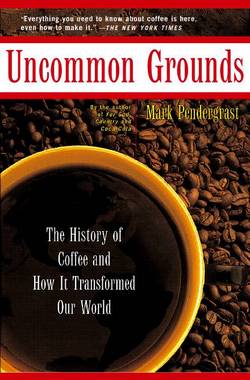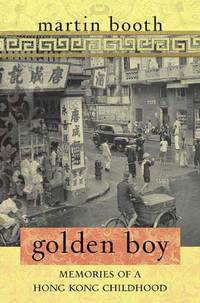Christensen and Raynor in The Innovator’s Solution argue against hiring managers for having ‘the right stuff’ and favor hiring managers who have had the right experiences tor the job that needs to be done. Maybe western venture capitalists are following this advice in China?
SHENZHEN, China — China still is a magnet for ambitious, Western-educated entrepreneurs coming home to start high-tech companies and cash in on China’s economic boom. Take Charles Zhang, the Massachusetts Institute of Technology-trained founder of Web portal Sohu.com Inc., and Edward Tian, who earned a doctorate in the U.S. and once charmed Rupert Murdoch into joining the board of his Beijing telecommunications company.
But this favored class isn’t looking quite so favored, at least in the eyes of venture capitalists looking to invest in China. The trend is largely anecdotal, but for many “seed capitalists” poking around Beijing and Shanghai, slick Westernized returnees are out. Local, rough-around-the-edges entrepreneurs are in.
“The less English you speak, the better,” says David Zhang, a venture capitalist in Beijing with San Francisco’s WI Harper Group. He and other investors say locally trained executives often are more thrifty with cash and better understand local Chinese markets — and businesses that know how to tap them — than people who have been abroad for years.
“A lot of the returnees, actually, they have lost touch with China,” agrees Vincent C.H. Chan, a managing director at Jafco Asia, part of Jafco Co. of Japan.
Instead of courting Ivy League graduates with slick business plans, Messrs. Zhang and Chan are plowing money into no-frills Chinese start-up businesses such as wireless-services provider China Broad Media Corp. The company, funded by WI Harper, is the brainchild of Tian Song, an entrepreneur who went to college in Beijing and toiled in the state-owned telecommunications sector there. He says, through a translator, that his only visit to the U.S. was a brief trip to Las Vegas.
Jafco has helped to finance such entrepreneurs as Zhou Hongyi, who founded Chinese Internet search-engine concern 3721 Network Software Inc. Yahoo Inc., intrigued by Mr. Zhou’s technology — it enables people to use Chinese characters to search the Web — bought the company nearly two years ago for $120 million.
Some returnees may have “studied in a good school,” says Andy Yan, managing partner of Hong Kong investment firm SAIF Partners. But “when they come back, they think they know everything.”
One of Mr. Yan’s favorite home-grown success stories is Hu Xiang, a founder of SAIF portfolio company Mobile Antenna Technologies (Shenzhen) Co. Mr. Hu, 52 years old, is about as far from a polished returnee as one can get in China: He doesn’t speak English and missed nearly 10 years of schooling during the Cultural Revolution that began in the 1960s. Mr. Hu dug tunnels and later was a low-level factory worker, sometimes going hungry.
That Mr. Hu suffered during the Cultural Revolution and had to work so hard for his success, instead of leading a more comfortable life abroad, appealed to Mr. Yan. “We’ve been through so much,” says Mr. Yan, who had similar experiences. “The challenges now don’t seem so big.”
For the full story, see:
REBECCA BUCKMAN. “In China, That Ivy League Degree Isn’t Gold; Some Venture Firms Seeking Talent Favor Homegrown Entrepreneurs; No English Spoken? No Problem.” THE WALL STREET JOURNAL (Fri., September 23, 2005): C1 & C4.




 Image source:
Image source: